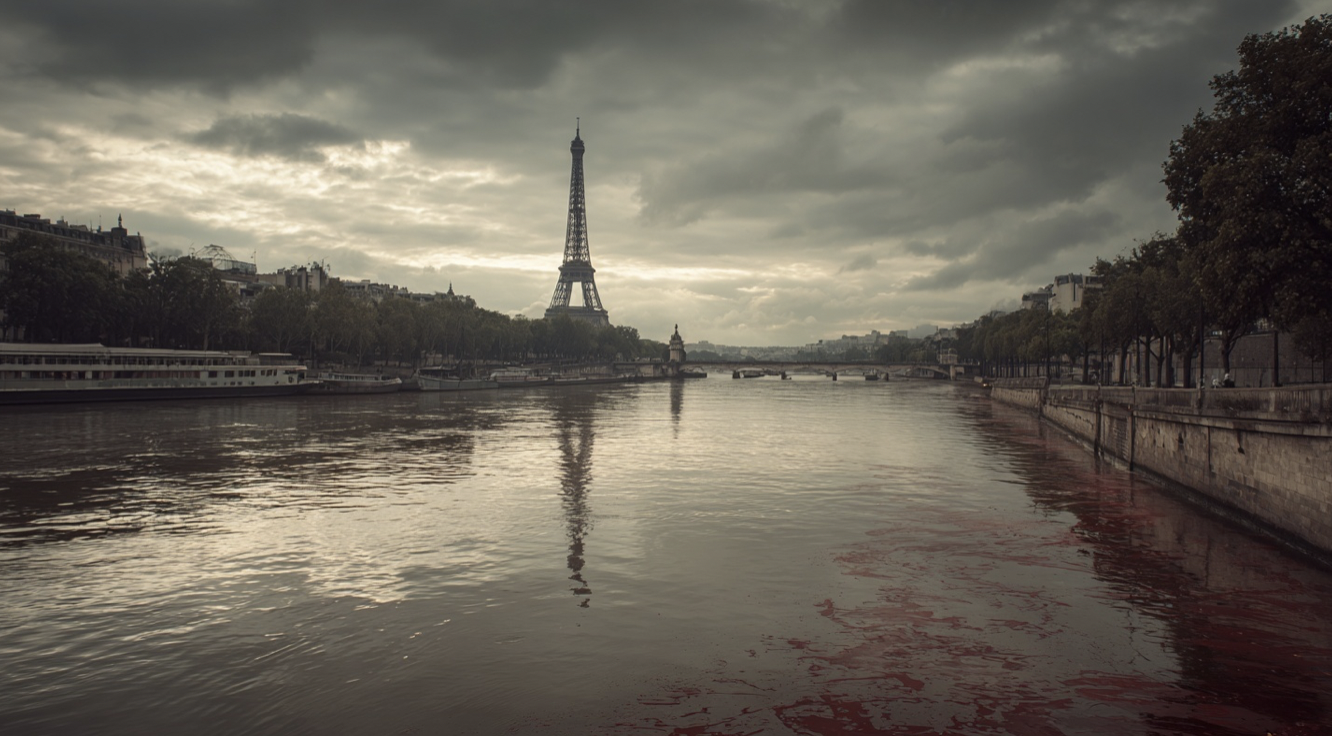Paris is gripped by alarm following the discovery of five bodies floating in the River Seine over the past two weeks, sparking fears of a possible series of homophobic murders. The latest victim, a man found in an advanced state of decomposition near Charenton-le-Pont, southeast of Paris, was retrieved by the river police. Initial examinations by the Prosecutor’s office indicated no visible signs of violence, though further autopsy and toxicological analysis are underway to establish the cause of death.
This grim find follows the earlier retrieval of four male corpses on 13 August in Choisy-le-Roi, a suburb known for being a common meeting place for casual same-sex encounters. Among these four, two exhibited clear signs of strangulation. Witness reports from a passing train contributed to the discovery of these semi-naked bodies in the river. The victims included two Algerian nationals aged 21, a 26-year-old Tunisian, and a 46-year-old Frenchman. The authorities swiftly detained a homeless man in his twenties, who had been frequently seen in the area and was linked to all four deaths. According to French prosecutors, this suspect was found with documentation belonging to one of the victims and has refused to answer questions regarding the killings.
Stop Homophobia, a French anti-discrimination and LGBT rights organisation, has publicly voiced concerns about a potential homophobic motive behind the murders. The group has joined the legal proceedings related to the case, appealing for witnesses to come forward and underscoring the history of violence and discrimination faced by the LGBT community, particularly in places known as popular meeting spots for gay men along the Seine.
Despite the similarities, the Prosecutor’s office has clarified that no connection has yet been established between the fifth newly found body at Charenton-le-Pont and the four previous victims discovered upstream. This distinction underscores the ongoing complexity and sensitivity of the investigation in Paris. The Paris Criminal Investigation Department is treating the case with high priority, including the hypothesis that a homophobic serial killer might be responsible for the killings.
The combination of the victims’ backgrounds, the location of their discovery, and the arrest of a suspect underlines the broader challenges faced by vulnerable populations, including homeless migrants, many of whom belong to or are perceived to be part of the LGBT community. The case has drawn international attention, with media and human rights groups highlighting the intersection of issues such as migration, homelessness, and hate crime in urban centres like Paris. The investigation continues as authorities seek clearer answers about each victim’s death, the possible motives, and whether the cases are connected. Source: Noah Wire Services
